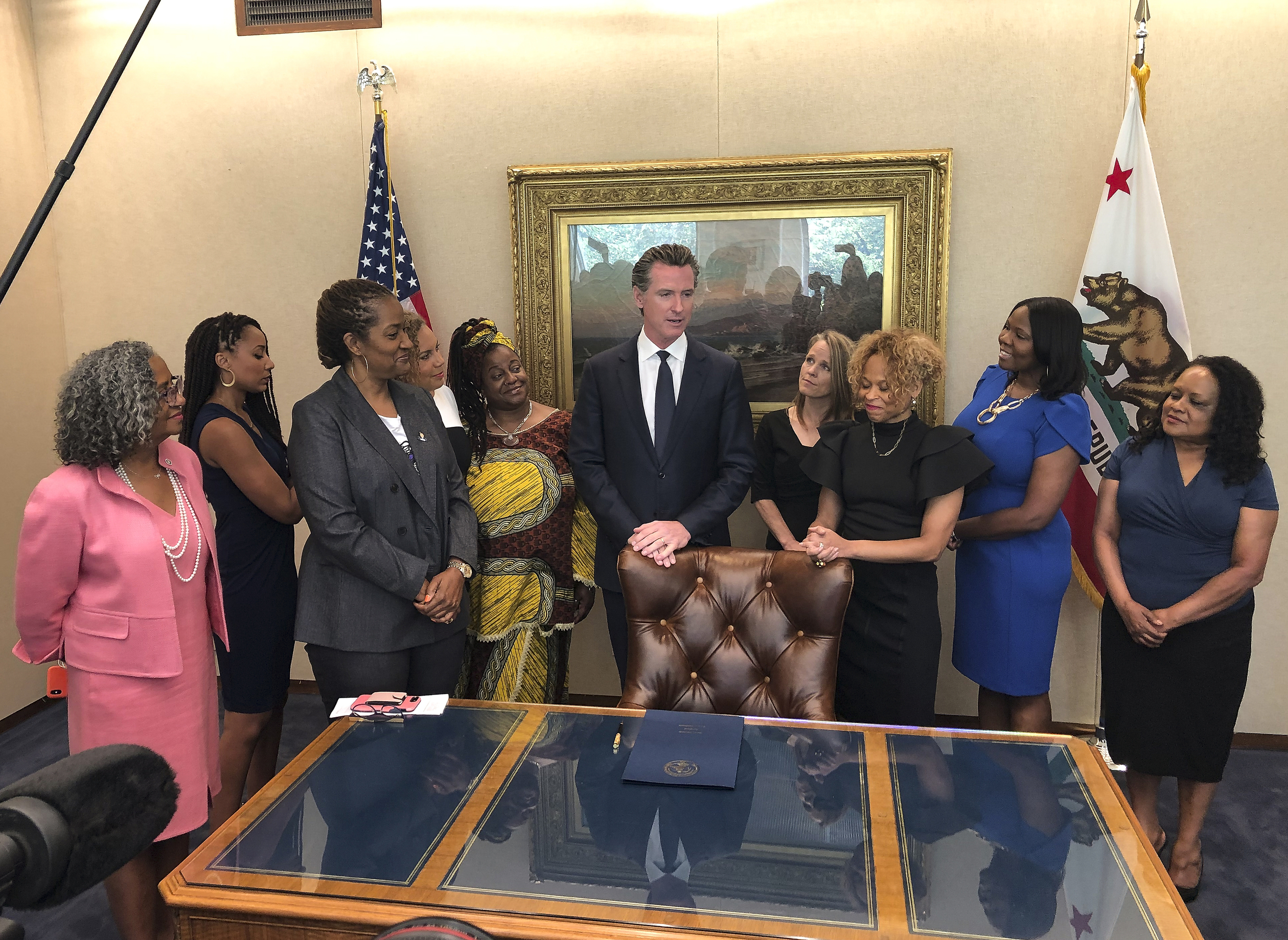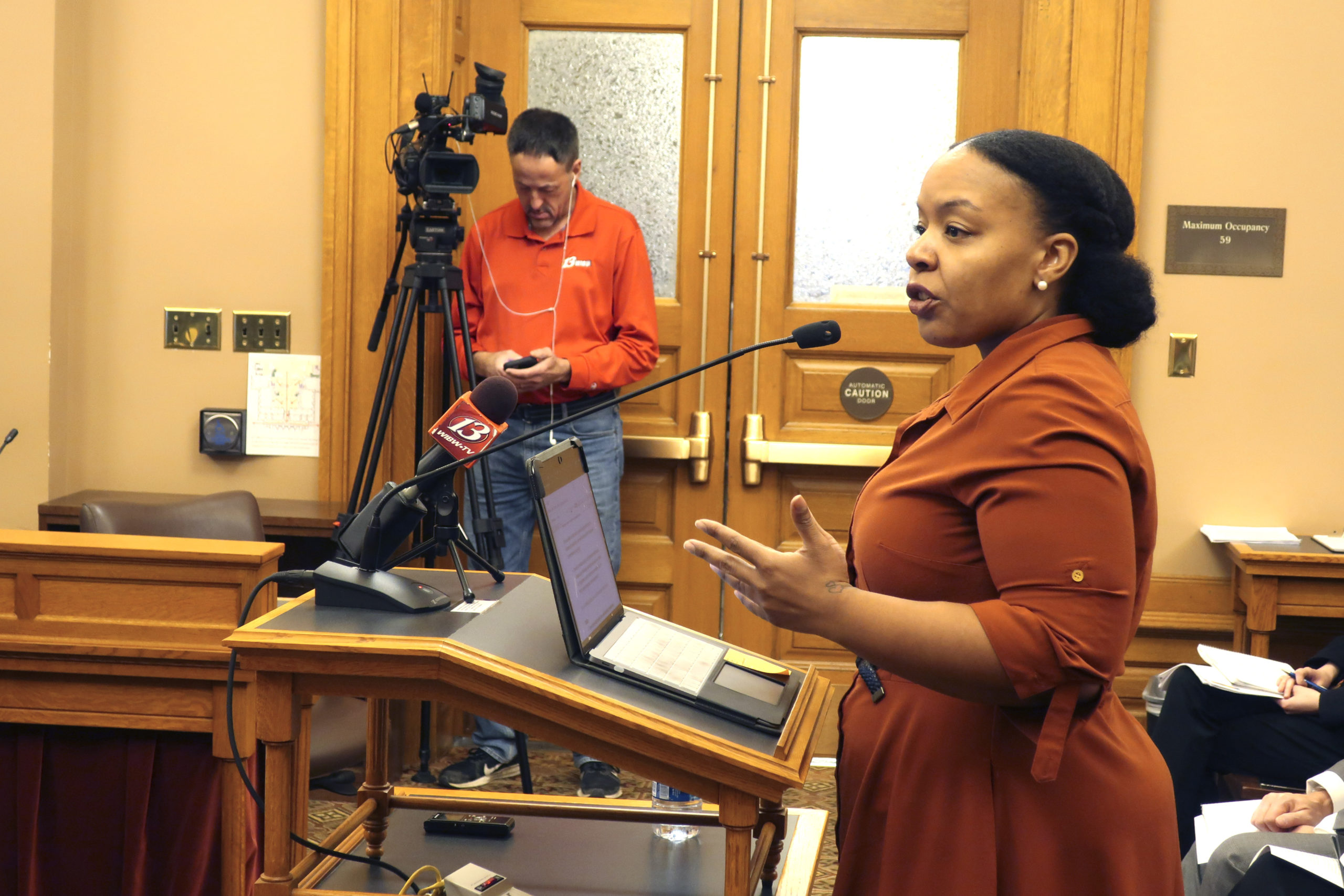
Senate Republicans blocked a bill to ban discrimination based on hair texture or styles to not become federal law. The legislation would have made discrimination against a person because of his or her natural hair a federal crime if that person’s hairstyle or texture is commonly associated with a particular race or national origin. Sen. Cory Booker led an effort to pass the CROWN Act, which stands for Creating a Respectful and Open World for Natural Hair, with unanimous approval in the upper chamber so President Joe Biden could sign it into law.

But following the lead of Sen. Rand Paul, GOP senators blocked the bill from becoming passed in the Senate. This action, one of the last taken before the Senate goes to recess for the holidays, leads into a new senate session after the New Year where Democrats have a 51-seat majority.
For AURN News, I am Clay Cane.


